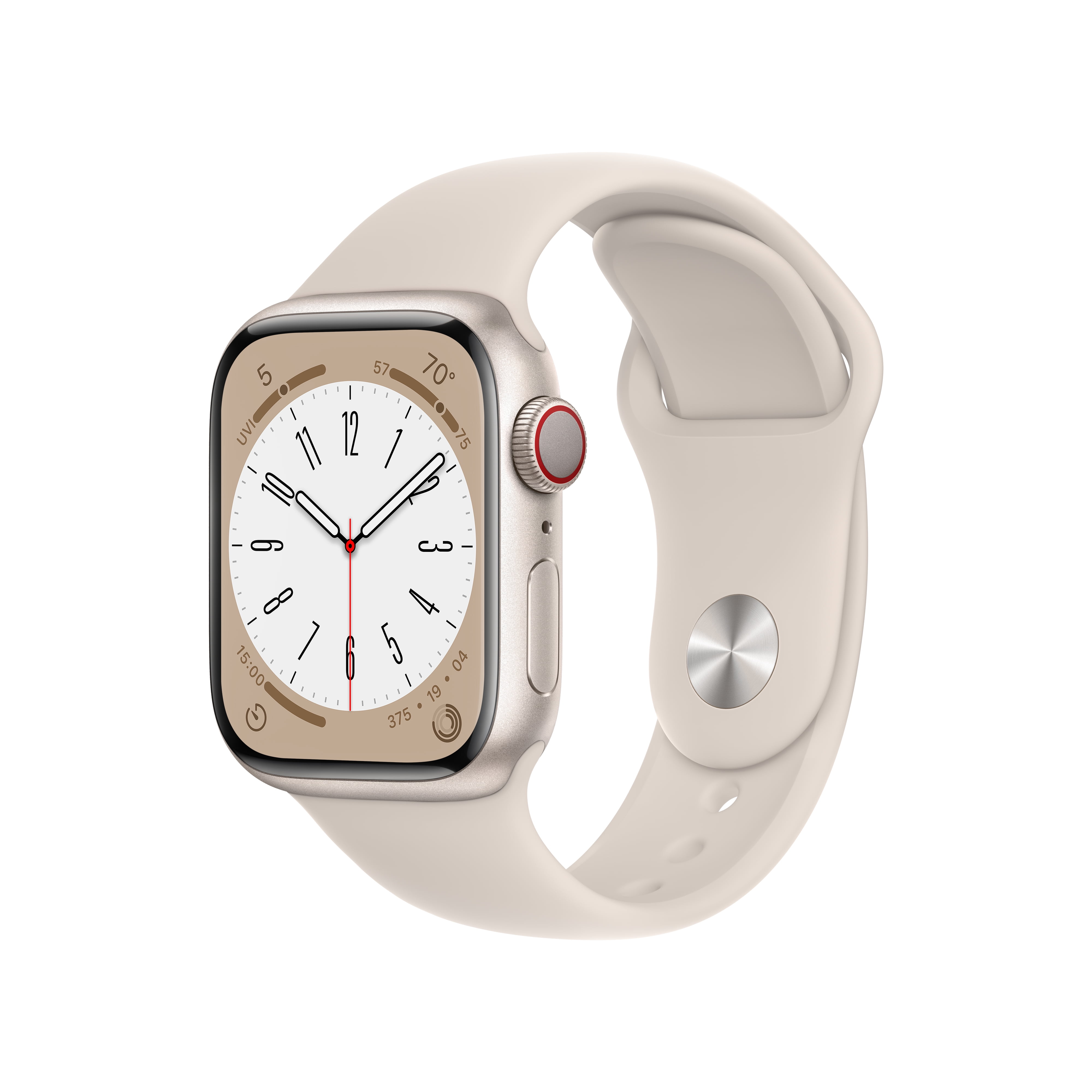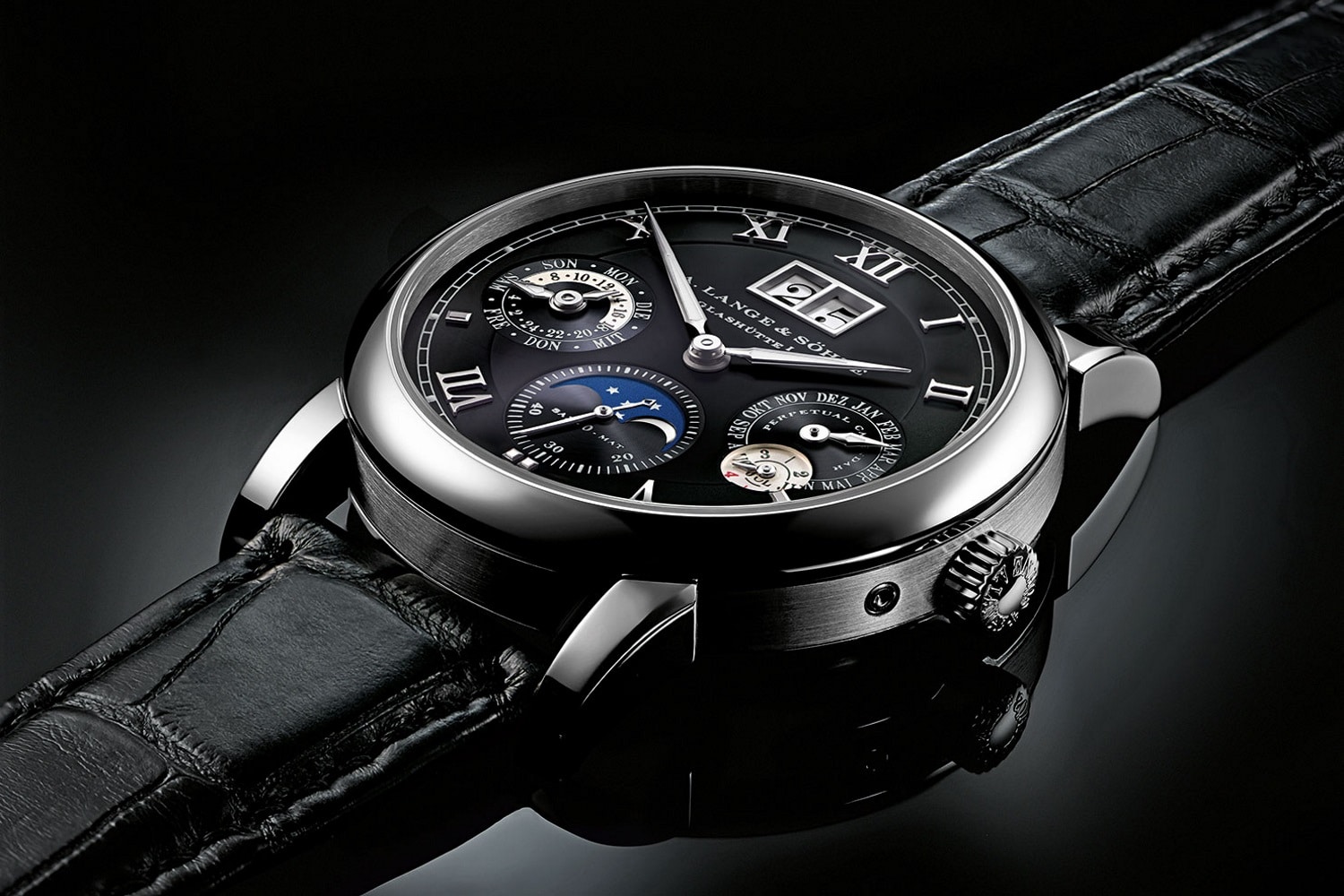Definition and Types of Relojes

Reloj in english – A reloj, meaning “watch” in English, is a device worn on the wrist or carried in a pocket that measures and displays time. Relojes are typically powered by a battery or mechanical movement and can range from simple analog models to complex smartwatches with advanced features.
Did you know the Spanish word “reloj” means “clock” in English? Explore the rhythmic world of “reloj” in music with the captivating reloj lyrics. Immerse yourself in the vibrant tapestry of words that dance around the concept of time, creating a symphony that resonates with both the ticking of the clock and the ebb and flow of life itself.
Discover the enchanting power of “reloj” in English, a testament to the beauty of language and the timeless nature of human experience.
There are numerous types of relojes, each with its own unique characteristics and functions. Here’s a comprehensive overview of the different types of relojes:
Analog Relojes, Reloj in english
Analog relojes use traditional hands (hour, minute, and second) to indicate the time. They typically have a round or square face with numbers or markers to mark the hours and minutes. Analog relojes can be further classified into:
- Quartz Analog Relojes: These relojes use a quartz crystal to regulate the movement of the hands, ensuring accurate timekeeping.
- Automatic Analog Relojes: These relojes rely on the wearer’s movement to power the watch. As the watch is worn, the rotor inside the movement rotates and winds the mainspring, providing energy to the watch.
- Manual-Wind Analog Relojes: These relojes require the wearer to manually wind the mainspring to power the watch.
History and Evolution of Relojes

The history of relojes spans centuries, marked by continuous innovation and technological advancements. From the earliest timepieces to the sophisticated creations of today, relojes have played a crucial role in human history.
Early Origins
The concept of measuring time can be traced back to ancient civilizations. The sundial, one of the earliest timekeeping devices, was used by the Egyptians and Babylonians as early as 3500 BC. Water clocks, candle clocks, and sand clocks were also used in various cultures throughout history.
Mechanical Clocks
The invention of the mechanical clock in the 14th century revolutionized timekeeping. The first mechanical clocks were large and complex, but they gradually became smaller and more portable over time. The invention of the pendulum in the 17th century further improved the accuracy of mechanical clocks.
Wristwatches
The development of the wristwatch in the late 19th century made it possible to wear a timepiece on the wrist, rather than carrying it in a pocket. Wristwatches quickly became popular, especially among women and military personnel.
Quartz and Digital Watches
The invention of the quartz watch in the 1960s marked a significant advancement in timekeeping technology. Quartz watches were more accurate and reliable than mechanical watches, and they quickly became the most popular type of watch.
Smartwatches
In recent years, the development of smartwatches has revolutionized the way we interact with timepieces. Smartwatches combine the functionality of a traditional watch with the capabilities of a smartphone, allowing users to receive notifications, track fitness data, and control music.
Iconic Relojes
Throughout history, there have been many iconic relojes that have played a significant role in horological history. Some of the most famous include:
- The Rolex Submariner: A dive watch known for its durability and water resistance.
- The Omega Speedmaster: A chronograph worn by astronauts during the Apollo missions.
- The Patek Philippe Nautilus: A luxury sports watch known for its elegant design.
Uses and Applications of Relojes: Reloj In English

Relojes, or watches, have a wide range of uses and applications, extending beyond their primary function of timekeeping. They serve as essential tools in various fields, from navigation to fashion, and play a crucial role in specific industries.
Timekeeping
The most fundamental use of relojes is to tell time. They provide a convenient and portable way to keep track of the time, whether for personal use, scheduling appointments, or synchronizing activities.
Navigation
Relojes have also been used for navigation for centuries. Marine chronometers, for example, were essential for determining longitude at sea. Today, GPS watches provide accurate location and time information for outdoor enthusiasts, hikers, and travelers.
Fashion Accessories
In addition to their practical uses, relojes have become integral fashion accessories. They complement outfits, express personal style, and can be used to make a statement. The wide variety of designs and materials available makes it easy to find a reloj that suits any taste.
Specific Industries
- Aviation: Pilots rely on precise timekeeping for flight operations, navigation, and communication.
- Medicine: Medical professionals use relojes to monitor patients’ vital signs, administer medications, and track patient progress.
- Sports: Athletes use sports watches to track performance metrics, such as speed, distance, and heart rate.
If you’re looking for a translation of “reloj” into English, you might be interested in the lyrics to the song “Peso Pluma” by Belanova. The song is about a love that is light and effortless, like a feather. You can find the lyrics to “Peso Pluma” here.
And if you’re looking for a translation of “reloj” into English, it’s simply “clock”.
In English, a reloj translates to clock or watch. Clocks and watches are important timekeeping devices that help us manage our schedules. If you’re interested in learning more about clocks and watches, you can check out this article on bruce wayne peso pluma letra.
Clocks and watches come in various shapes, sizes, and designs, so you can find one that fits your style and needs. Whether you’re looking for a simple clock to hang on your wall or a sophisticated watch to wear on your wrist, there’s sure to be a reloj that’s perfect for you.
Reloj, the Spanish word for “clock,” is a timeless accessory that adorns wrists and keeps us punctual. Just like the iconic dish, put em in the fridge peso pluma , a reloj can elevate any ensemble, from casual to formal.
Its ticking hands, a symphony of time, remind us to cherish every moment.
In the world of horology, the term “reloj” is the Spanish word for “watch”. It’s a timeless accessory that adorns wrists, marking the passage of time. If you’re looking for a unique and eclectic take on fashion, be sure to check out put em in the fridge peso pluma.
This quirky collection features a range of expressive designs that will add a touch of whimsy to your wardrobe. But don’t forget, when it comes to keeping track of time, nothing beats a classic reloj.